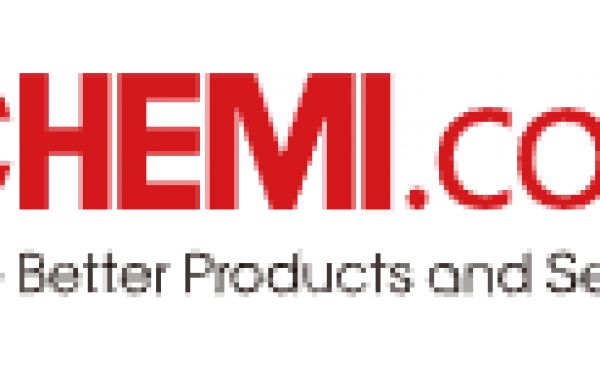Logistics optimization is a crucial aspect of the operations of chemical wholesalers. Efficient distribution and delivery processes are essential to ensure timely and reliable supply of chemicals to customers. In this overview, we will explore the significance of logistics optimization for chemical wholesalers and highlight key aspects of this vital process.
Inventory Management: Logistics optimization begins with effective inventory management. Chemical wholesalers must maintain adequate stock levels to meet customer demand while minimizing carrying costs and the risk of stockouts. By utilizing advanced inventory management techniques, such as demand forecasting, just-in-time inventory, and efficient storage systems, wholesalers can optimize inventory levels, reduce waste, and improve overall supply chain efficiency.
Warehouse Operations: Streamlining warehouse operations is a critical component of logistics optimization. Chemical wholesalers should implement efficient layout designs, utilize warehouse management systems, and employ best practices such as proper inventory labeling, barcoding, and automated picking systems. These measures enhance order fulfillment accuracy, reduce order processing times, and optimize storage space utilization, resulting in faster and more efficient warehouse operations.
Transportation Management: Effective transportation management is vital for chemical wholesalers to optimize delivery processes. Wholesalers must select reliable carriers, negotiate favorable freight rates, and optimize routing and scheduling to minimize transportation costs and maximize delivery speed. Utilizing transportation management systems and real-time tracking technologies allows wholesalers to track shipments, optimize routes, and proactively manage any unforeseen logistical challenges.
Regulatory Compliance: Logistics optimization for chemical wholesalers includes ensuring compliance with various regulations governing the transportation and handling of chemicals. Wholesalers must adhere to hazardous materials transportation regulations, customs requirements, and any other relevant regulations specific to the chemical industry. Compliance with these regulations ensures the safe and legal movement of chemicals, avoiding delays, penalties, and potential hazards.
Order Processing and Fulfillment: Logistics optimization involves streamlining the order processing and fulfillment procedures. Chemical wholesalers should implement efficient order management systems that automate order processing, invoicing, and shipment tracking. Integration with customer relationship management (CRM) systems allows for seamless communication and order visibility throughout the fulfillment process, improving customer satisfaction and reducing errors.
Reverse Logistics: Efficient management of reverse logistics is an essential component of logistics optimization for chemical wholesalers. This includes handling returns, managing product recalls, and ensuring proper disposal or recycling of expired or damaged chemicals. By implementing effective reverse logistics processes, wholesalers can minimize the impact of returns on inventory management, maintain customer satisfaction, and adhere to environmental regulations.
Technology Integration: Logistics optimization relies on the integration of technology throughout the supply chain. Chemical wholesalers should leverage advanced technologies such as warehouse management systems, transportation management systems, track-and-trace technologies, and data analytics. These technologies provide real-time visibility into inventory levels, shipment status, and performance metrics, enabling wholesalers to make data-driven decisions and continuously improve logistics operations.
Continuous Improvement: Logistics optimization is an ongoing process that requires continuous improvement efforts. Chemical wholesalers should regularly analyze logistics performance, identify areas for improvement, and implement corrective actions. This includes conducting regular performance evaluations, gathering customer feedback, and benchmarking against industry best practices. By embracing a culture of continuous improvement, wholesalers can enhance operational efficiency, reduce costs, and maintain a competitive edge.
In conclusion, logistics optimization plays a vital role in the operations of chemical wholesalers by streamlining distribution and delivery processes. By effectively managing inventory, optimizing warehouse operations, ensuring regulatory compliance, streamlining order processing and fulfillment, managing reverse logistics, integrating technology, and embracing a culture of continuous improvement, wholesalers can achieve greater efficiency, reduce costs, and enhance customer satisfaction. Logistics optimization is a key driver for success in the competitive chemical distribution industry.







